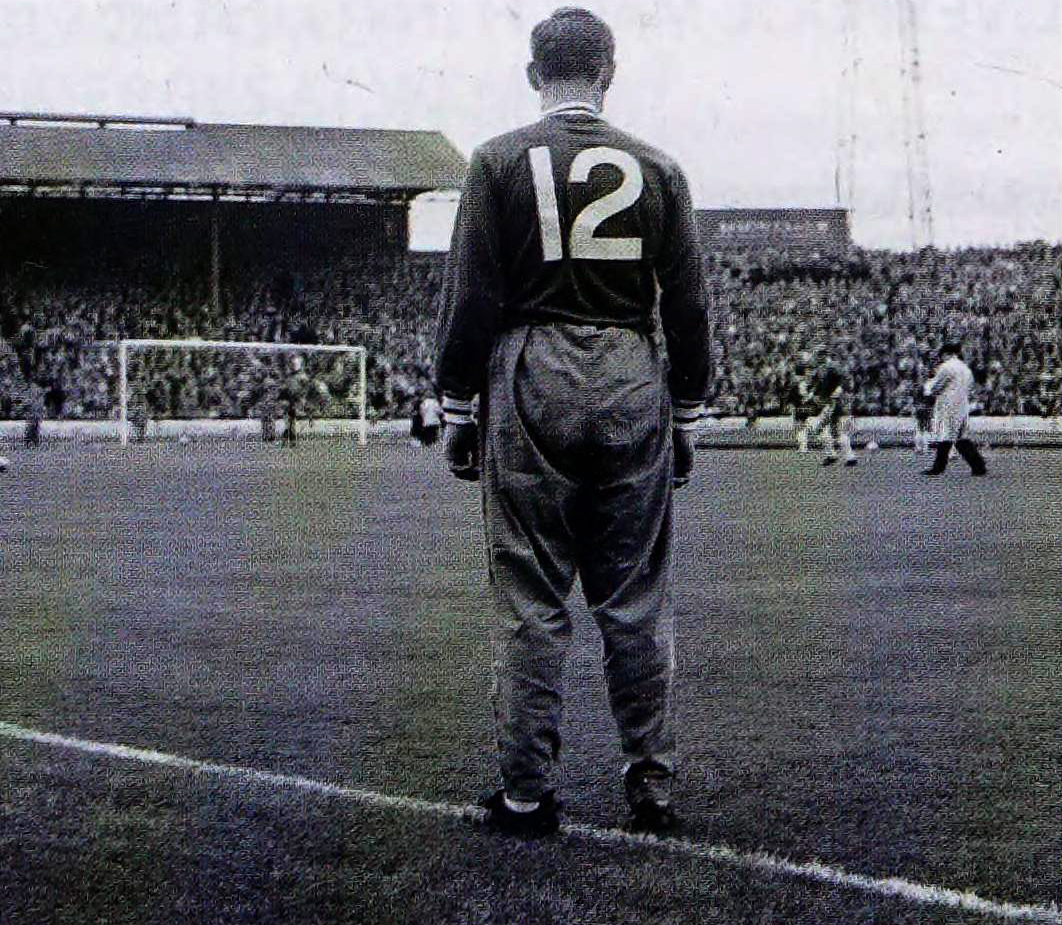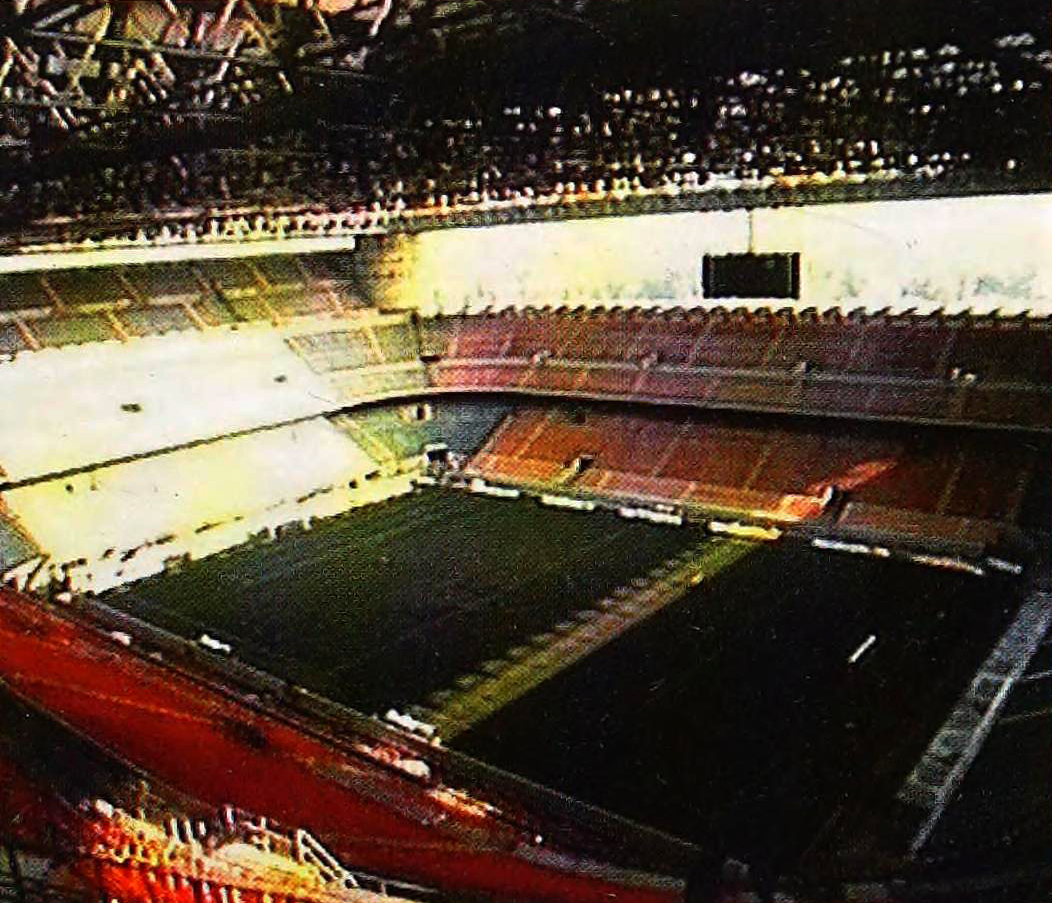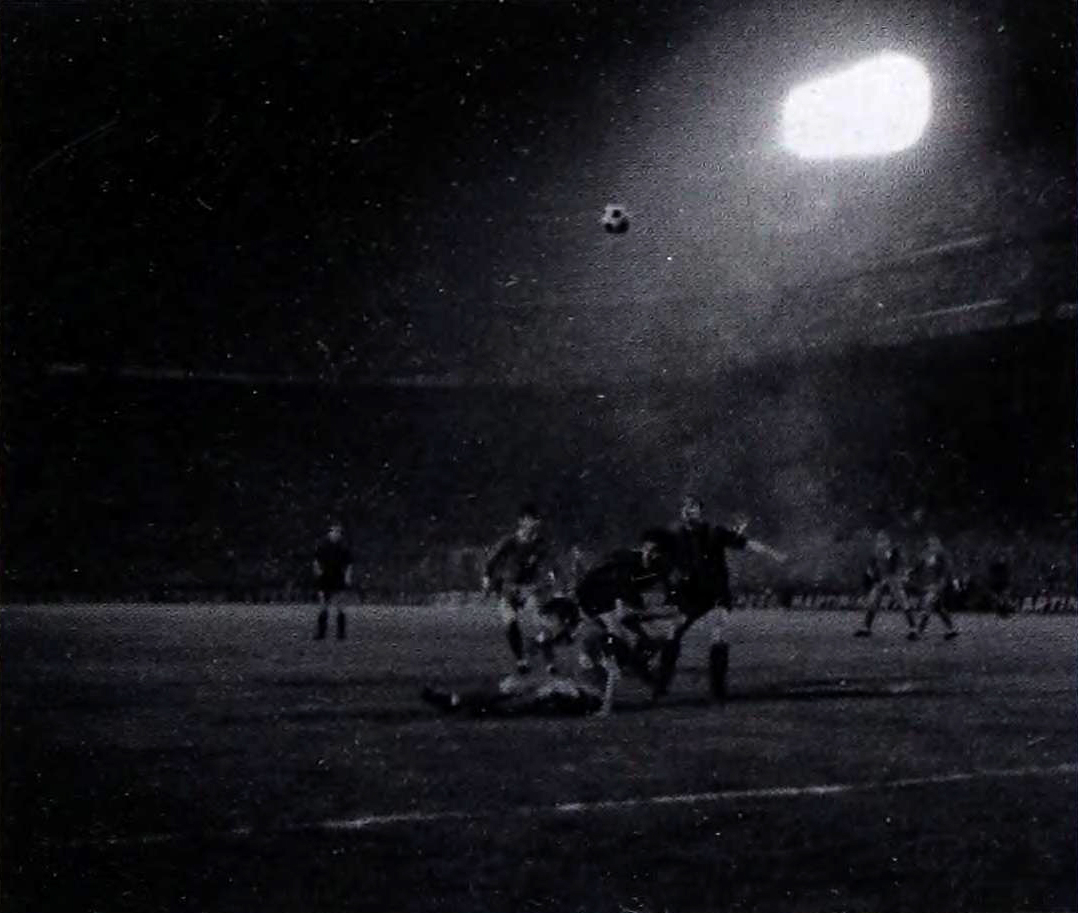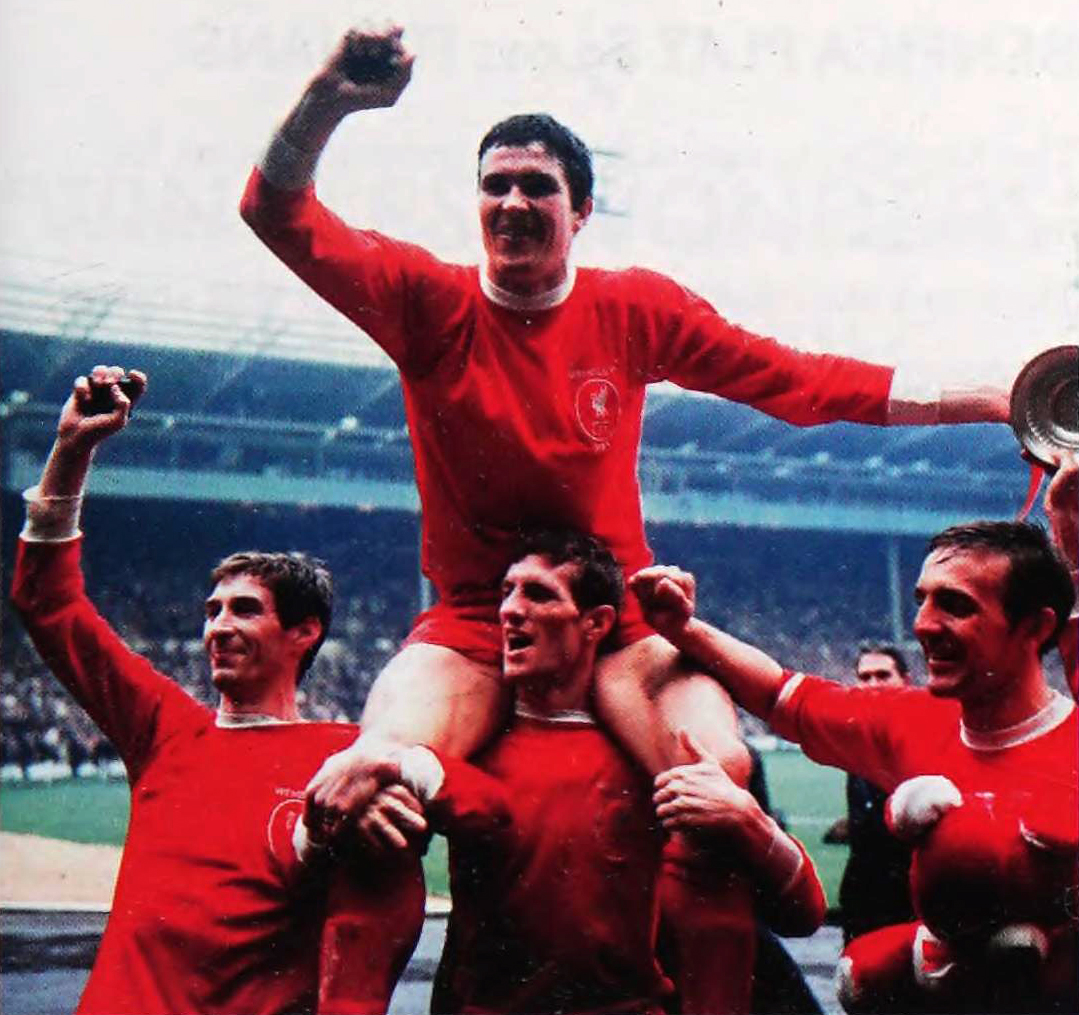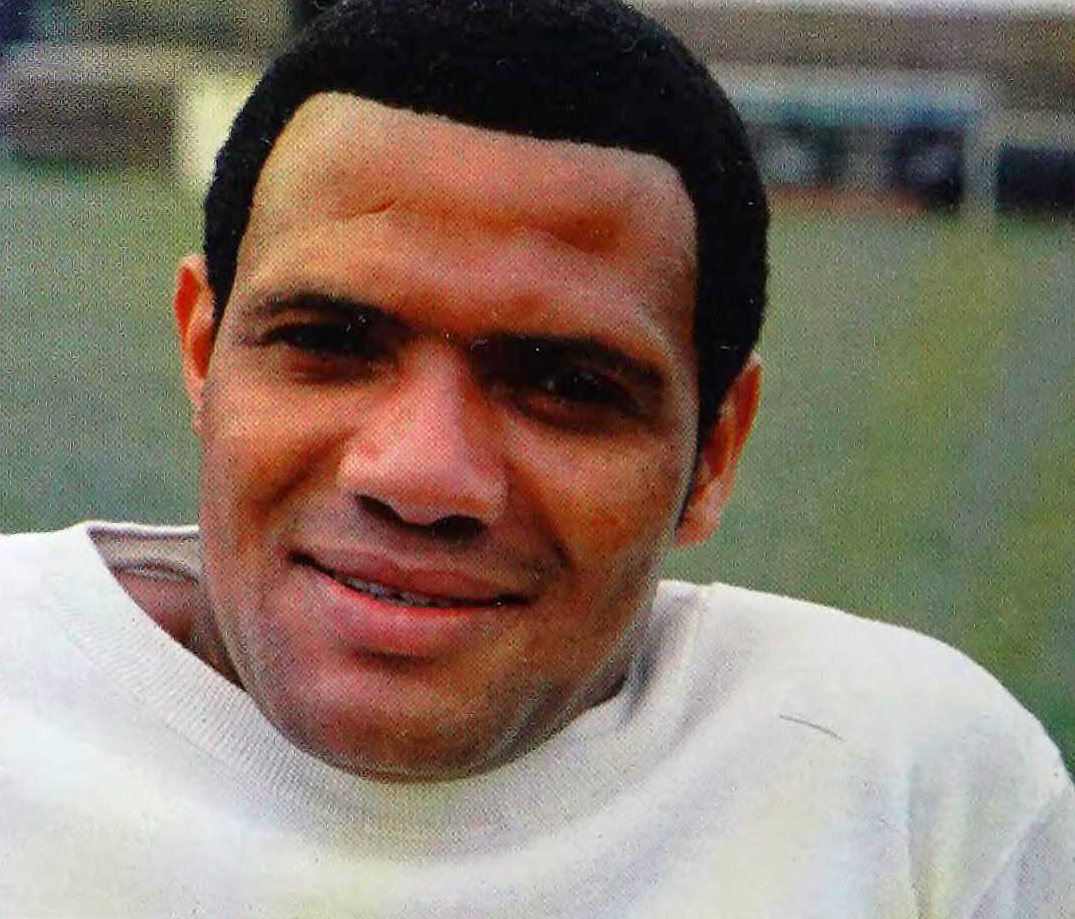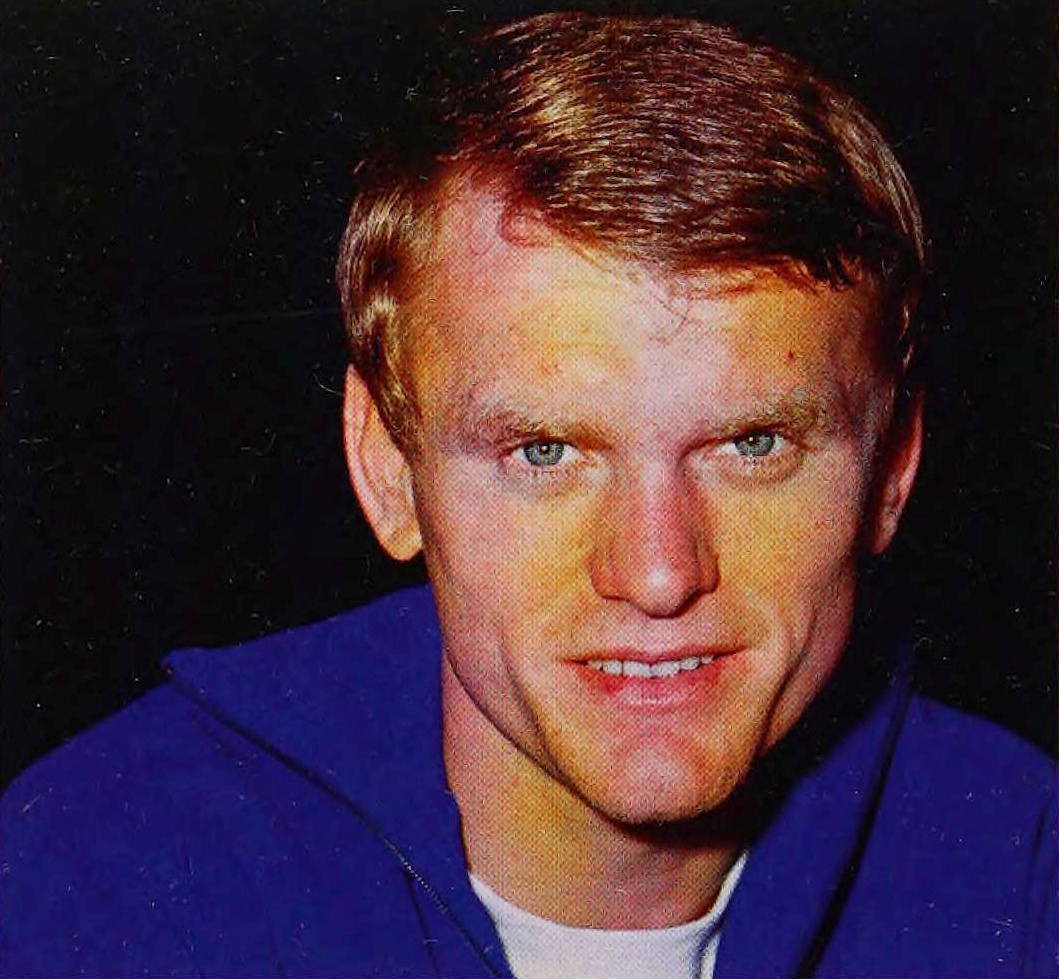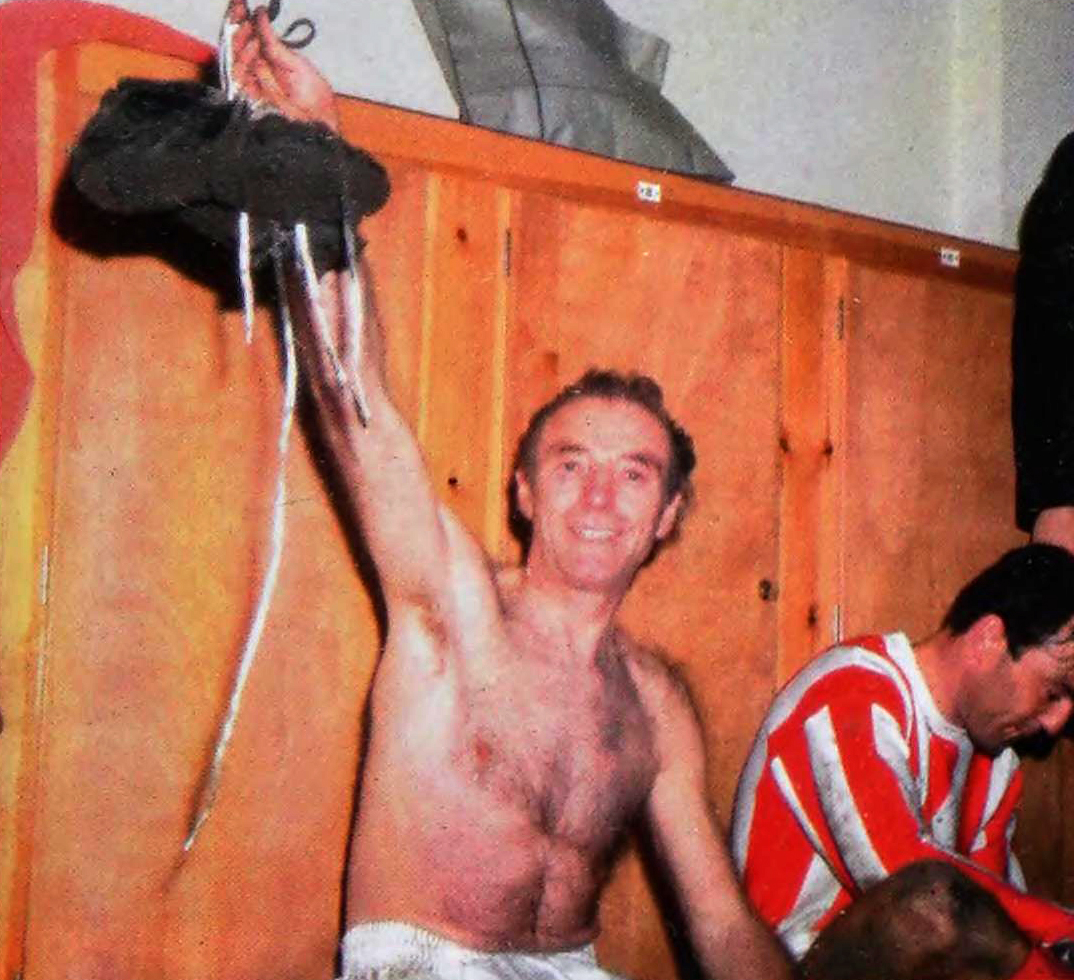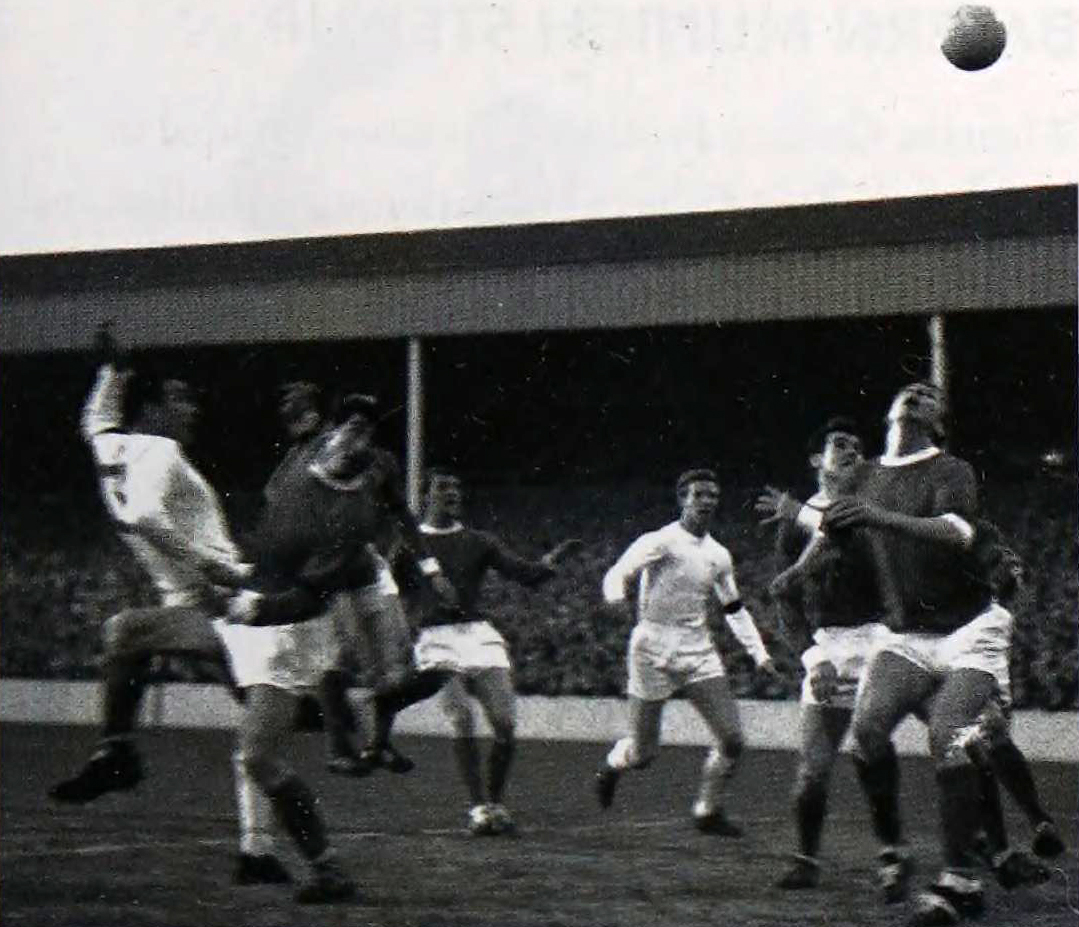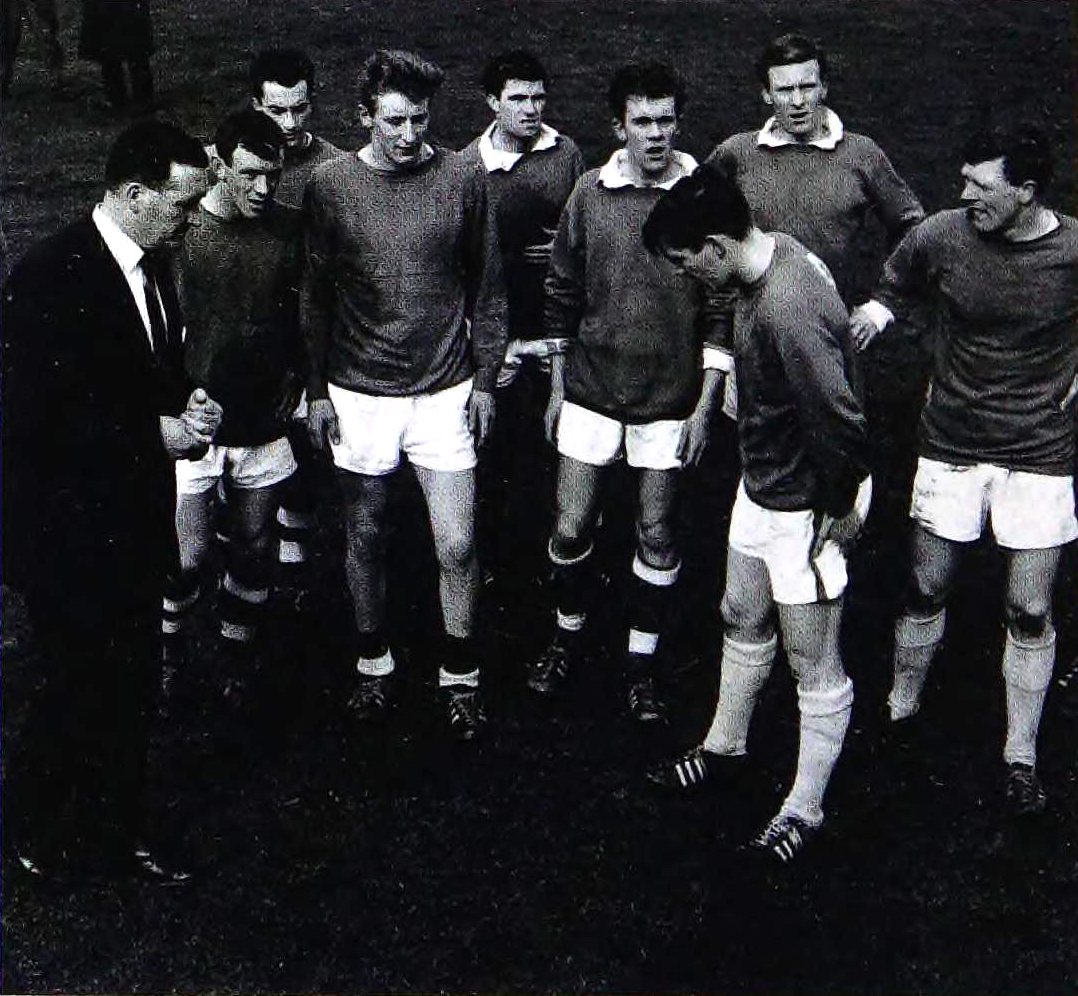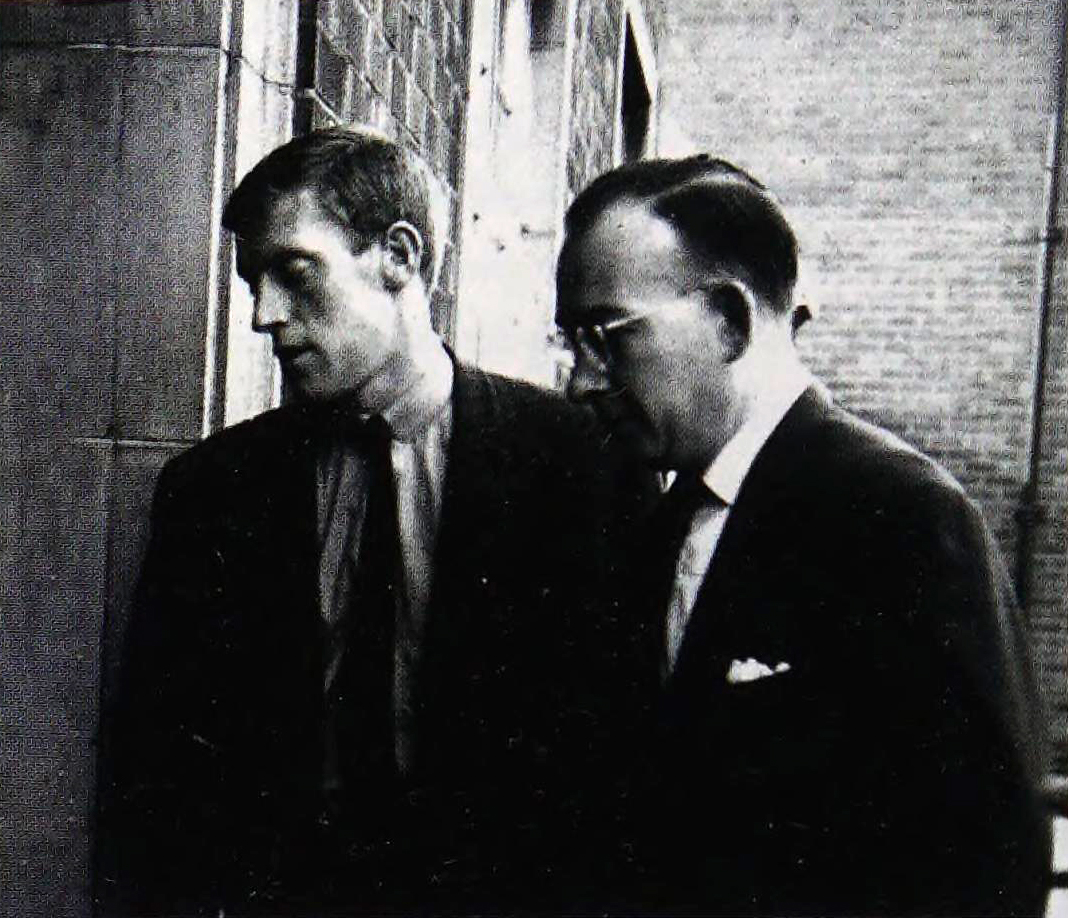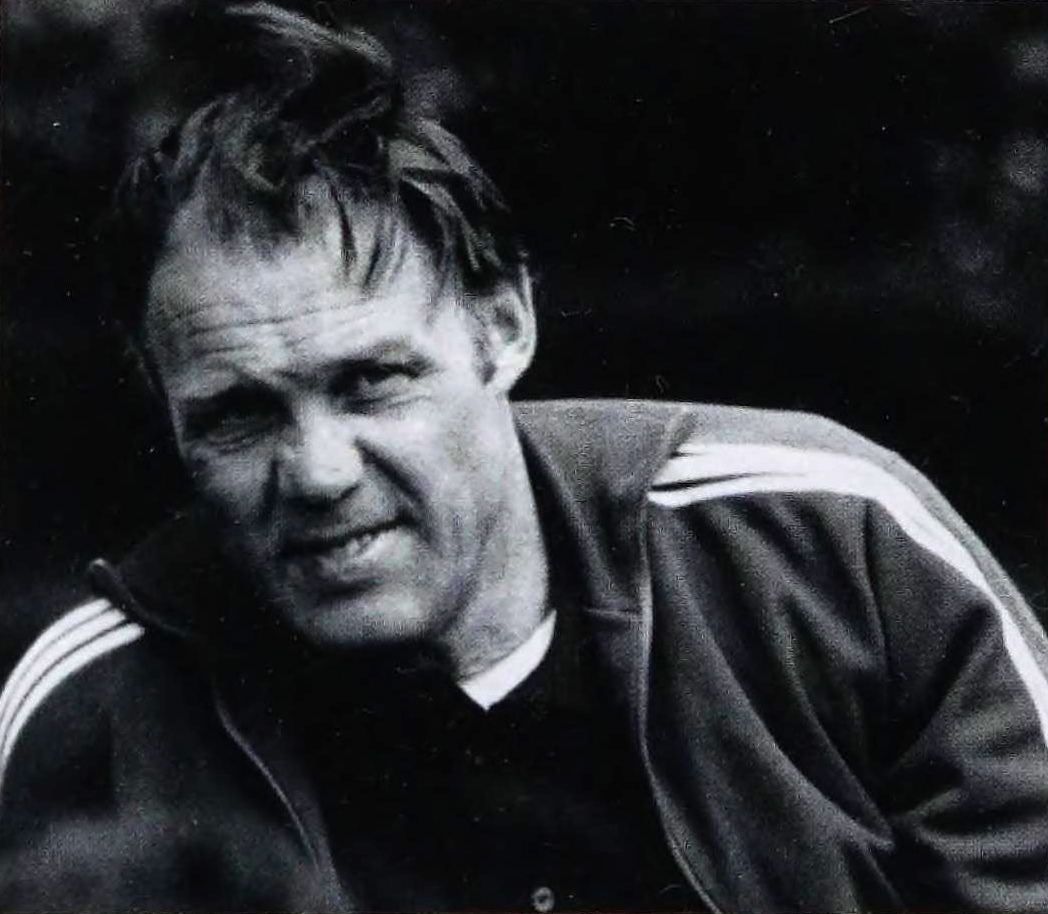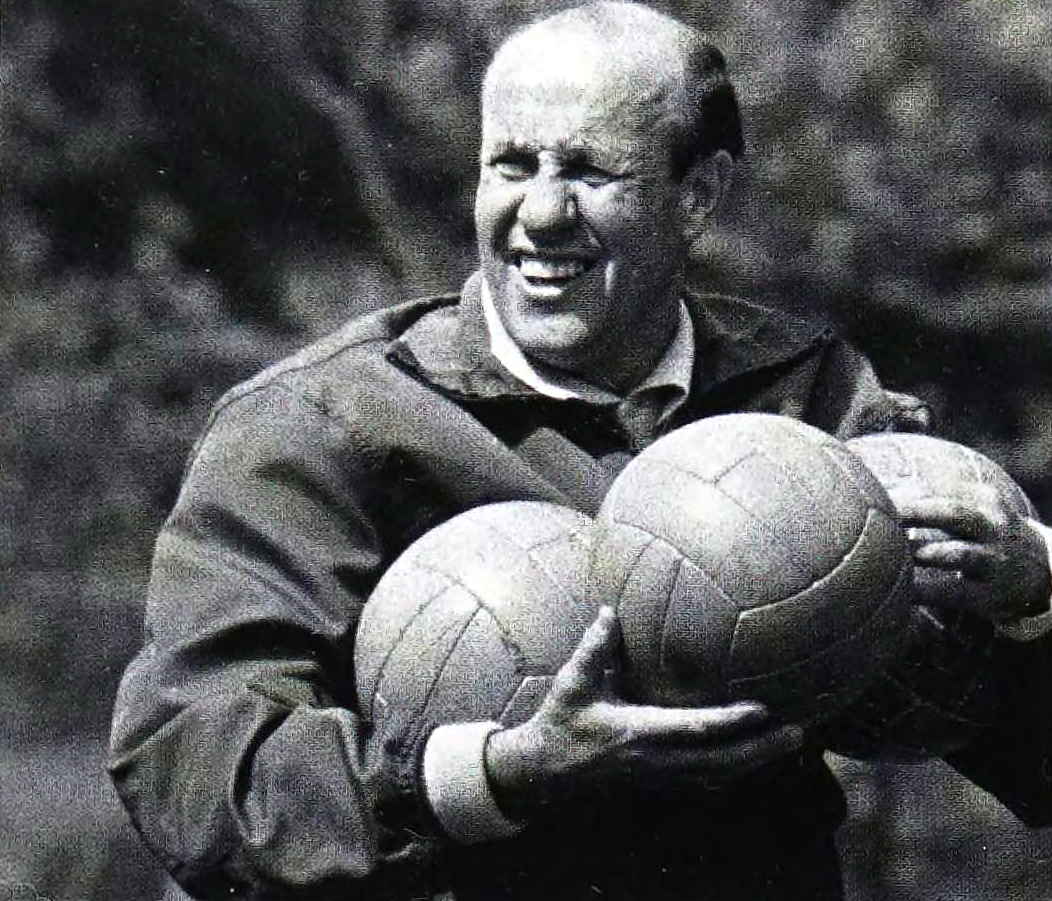2023-02-21
Nr. 409
BENFICA PLAY 89,011 ITALIANS (1965)
The San Siro is undoubtedly a great stadium, but for Portugal’s Benfica in 1965 it was the lion’s den. They had won through all the stages of that season’s European Cup and were due to meet the powerful Internazionale in the final on 27 May. The problem was that UEFA had scheduled the final in the San Siro, the home ground shared by Internazionale and AC Milan. The Portuguese were furious at the choice of venue and even threatened to send their youth team unless UEFA relented. The protest was to no avail and despite a heroic performance before 89,000 fanatical Italian fans, they went down 1-0.
With a capacity of nearly 90,000 the San Siro in Milan is one of the most inspiring – and intimidating – theatres in world football.
2023-02-20
Nr. 408
LIVERPOOL MARCH INTO INTER (1965)
It was only three days since the Reds had brought the FA Cup home from Wembley for the first time and Anfield was a wall of sound when on 4 May Italian champions Inter Milan took to the field for the first leg of the European Cup semi-final. The Kop was singing ‘Go Back to Italy’ to the tune of ‘Santa Lucia’ when after just four minutes Roger
Hunt put Liverpool ahead. It was a quiet Kop that greeted Allesandro Mazzola’s equalizer six minutes later, but goals from Ian Callaghan and Ian St John finally restored Anfield’s spirits. Liverpool won 3-1. Liverpool travelled to the San Siro for the return leg in a confident mood but there they found Inter in inspired form. The Italian’s triumphed 3-0 and went through to the final.
Liverpool’s Roger Hunt is thwarted by Inter Milan’s Guarneri and Luis Suarez on the return leg which Inter triumphed 3-0.
2023-02-17
Nr. 407
THE KOP’S FAMOUS ANTHEM (1965)
Between 1892 and 1965 the Reds had won six First Division titles, but the world’s greatest knockout competition, the FA Cup remained elusive. After Liverpool edged out much-fancied Chelsea in the 1965 semi-final, fans were starting to believe, but due to a miserly allocation of just 15,000 final tickets for each club, many of the Kop faithful despaired of getting to Wembley. Although requests were pouring into Anfield from all over the world, legendary manager Bill Shankly declared, «Any tickets I’ve got are going to the boys on the Kop» – an expression of solidarity with fans who, for their part, had just adopted the Gerry and the Pacemakers hit ‘You’ll Never Walk Alone’ as their terrace anthem. Liverpool beat Leeds United 2-1 to win the FA Cup for the first time in the club’s history which was music to the Reds supporter’s ears.
In the end Liverpool beat Leeds 2-1 after extra-time and the players celebrated lifting the FA Cup for the first time in the club’s 73 year history.
2023-02-16
Nr. 406
BLACK POWER EMERGES AT WEMBLEY (1965)
South African born Albert Johanneson was not the first black footballer to play in England, but he achieved the distinction of being the first to play at Wembley in an FA Cup final. The skilful left-winger was signed for Second Division Leeds United in 1961 and was a fixture in the side when it won promotion to the First Division in 1964. Johanneson’s 1 May 1965 FA Cup final appearance against Liverpool turned out to be the high point of his career, for he was overshadowed over the next two seasons by new signing Eddy Gray and finally left for York City before retiring.
Albert Johanneson spent nine years at Elland Road with Leeds United, but his historic Wembley appearance ended in disappointing defeat.
2023-02-15
Nr. 405
BAYERN MUNICH STEP UP (1965)
When the German Football Association decided to establish the Bundeshga as its nation-wide professional football league, Bayern Munich were uncharacteristically in second place in their regional league. Stung by his club’s failure to win promotion in the first year, chairman Wilhelm Neudecker drafted in the famed Yugoslavian coach Slatko Cajkovski to build a team that would go up. Enter Sepp Maier, Franz Beckenbauer and Gerd Muller as the axis of a young team that stormed to the Bundeshga in 1965, the second year of the premier division’s life. From that point, Bayern Munich went on to become the league’s most successful club, winning the championship 13 times.
Sepp Maier was the goal keeper of the newly successful Bayern Munich team. He also kept goal for the West German national side.
2023-02-14
Nr. 404
SIR STANLEY BOWS OUT (1965)
Stanley Matthews played his final professional game on 6 February 1965, five days after his 50th birthday – and the ‘Wizard of Dribble’ still claimed he had retired too early. That last match was his 710th as a professional in a career that was split between Stoke City and Blackpool. In that time he was voted the Football Writers’ Association’s Footballer of the Year twice, European Footballer of the Year – and he was never booked. Such was his standing in the game that his testimonial on 28 April drew stars from around the world. Having earned a CBE during his playing career, Matthews was finally knighted in the year of his retirement.
Matthews hangs up his boots, appearing in an all-star Stoke City team for his testimonial. Changing alongside the old master is Jimmy Greaves.

